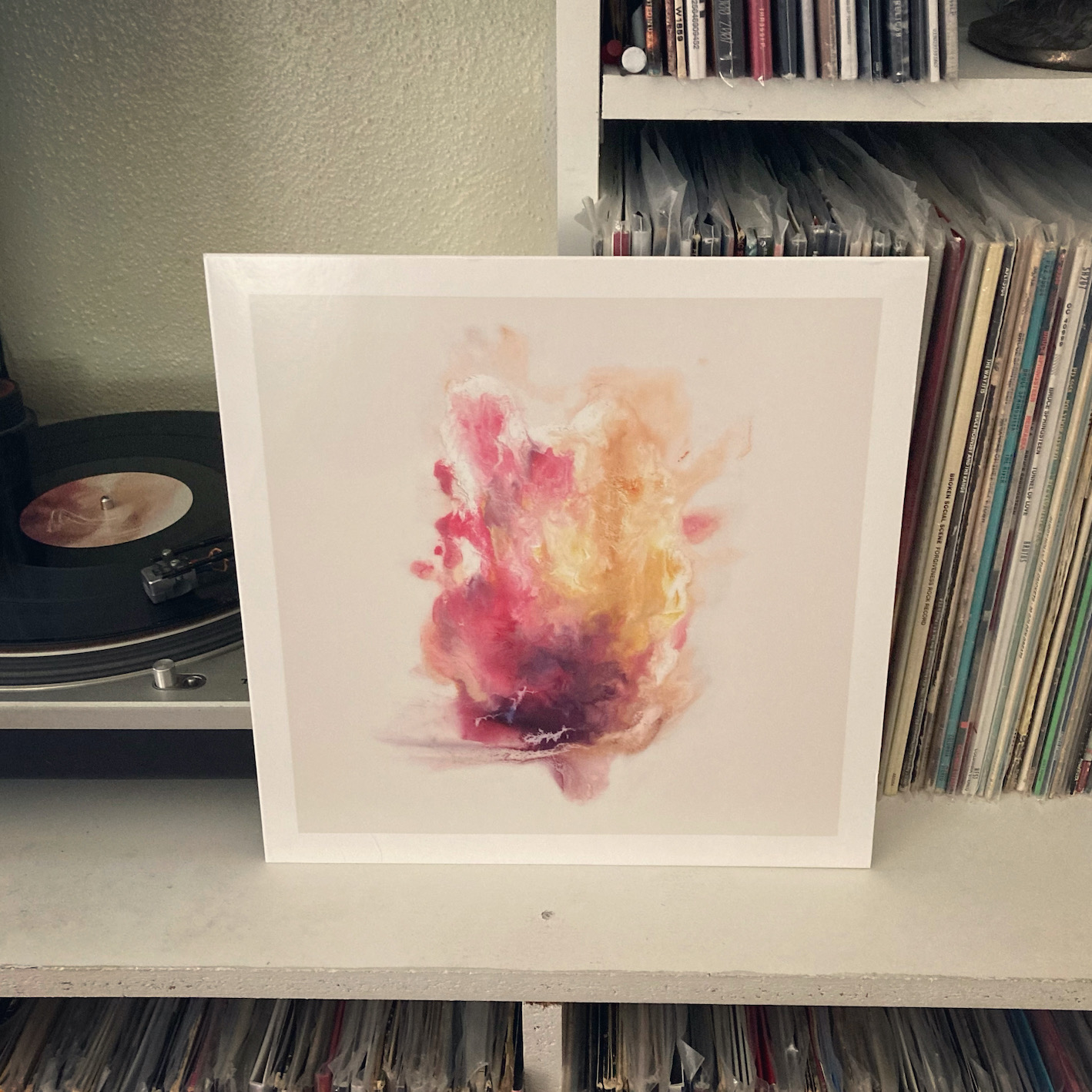
Anybody who has even the most passing familiarity with this blog can tell that there are a few musical tropes that I cannot resist. Among them are crushing walls of sound, ominous, glacial tempos, lush atmospheres, and emotional female voices.
And Big Brave from Montreal delivers all these in spades, combining each of my favorite colors into a stunning landscape that is at once sonically crushing and achingly gorgeous.
Despite their apparent reputation, I had completely missed Big Brave until last week when I reviewed their newest album Vital for a new site I’m writing for. From the opening moments, I was completely floored. By the end of the first track, I had already preordered the vinyl. By the end of the record, I was on Discogs looking up their older albums.
Luckily, Vital wasn’t a departure for them, because A Gaze Among Them packs the same punch, delivering doomy, atmospheric minimalism with the kind of apocalyptic aplomb we’ve come to expect from Southern Lord’s roster. There is a cerebral, almost menacing patience not unlike bands like Sumac or Oathbreaker—not that those two bands are much alike, but they utilize space and tension in similar ways. Guitars might drone for a full minute before changing chords. This is especially true in the first half of “Body Individual,” which waits more than five and a half minutes for the swells of feedback and (what sounds like) bowed guitar to finally burst into crashing chords. It says a lot that in the liner notes, “guitar amp” and “bass amp” are both listed as instruments, which tells me a lot about how they approach songwriting.
A lot of bands deliver this sort of long-form, crushing heaviness. But not many do so with a vocalist like Robin Wattie. Her crooning alto soars above the crashing drums and bursting amps with a lilting cadence that wouldn’t sound out of place on a folk album. The most obvious soundalike is Emma Ruth Rundle, but Wattie’s range is a bit higher and she pushes a bit harder, as heard in the near-scream at the climax of opener “Muted Shifting of Space.”
The album only has five tracks, totaling thirty-nine minutes, but that timeline is absolutely deceptive. Given a certain amount of focus, this album brings time to a standstill. The ten-minute run time of “Holding Pattern” easily seems half its length. The hypnotic pulse of “Sibling” practically lulls you into a trance, Wattie’s voice acting as a sort of guide. And when the album ends, it’s as if she snaps her fingers, bringing you back to consciousness in a sort of dazed awareness. But honestly, if music isn’t altering your state of consciousness, what’s it even doing?